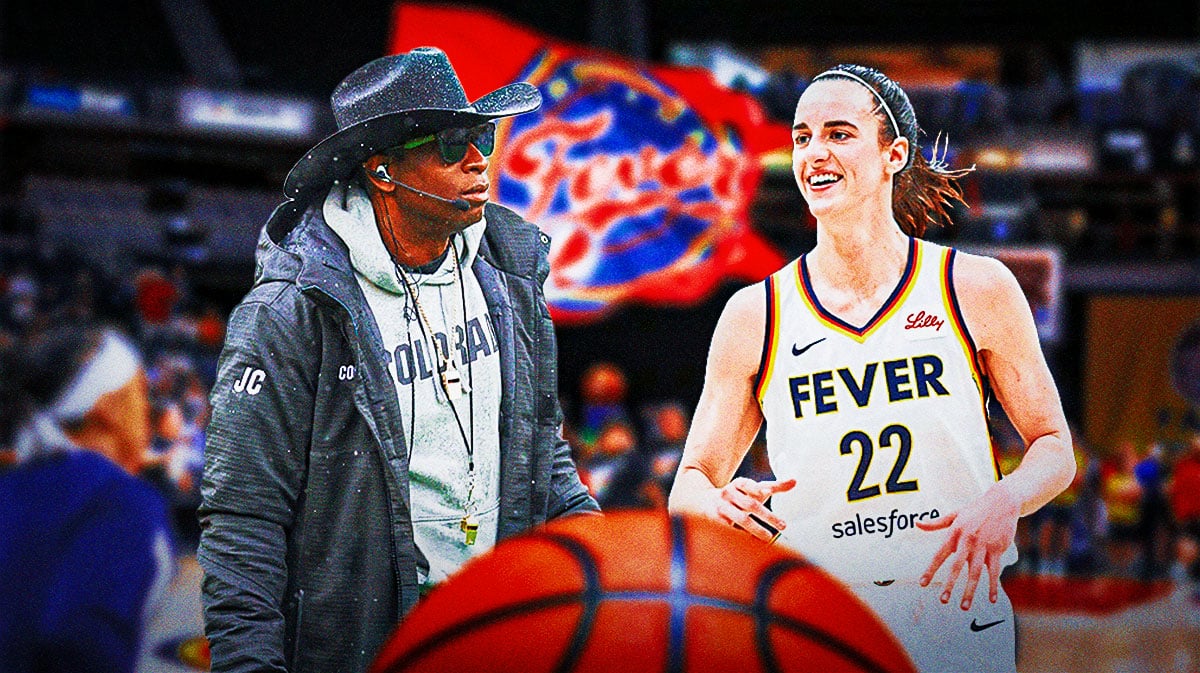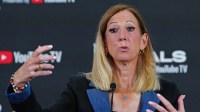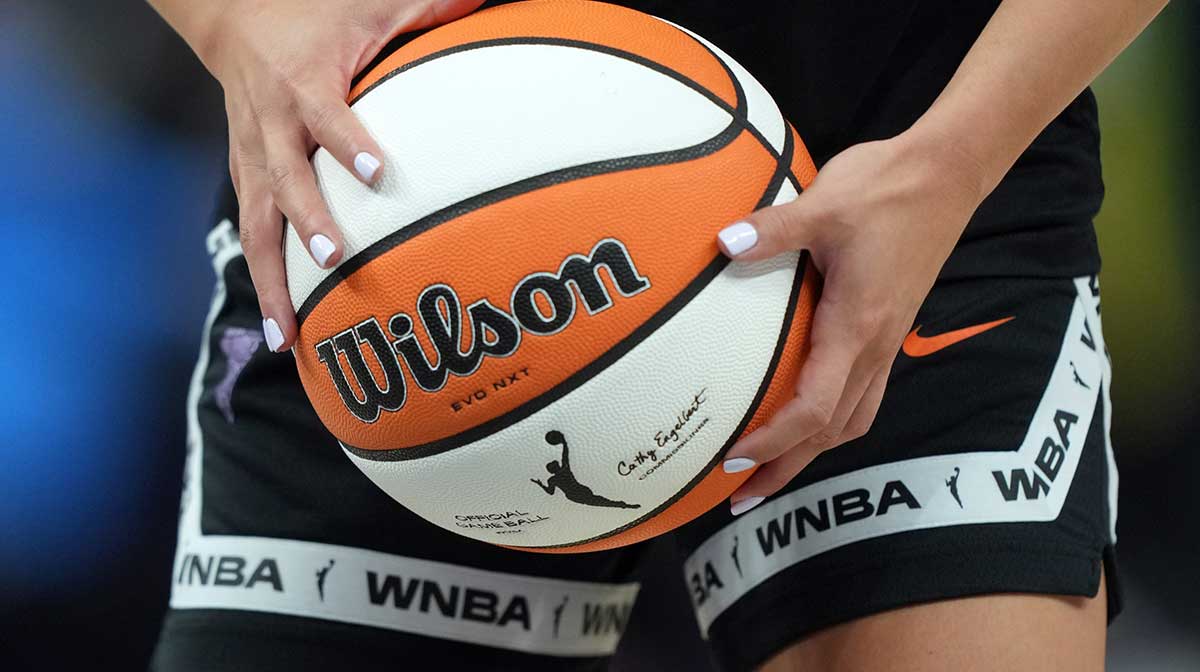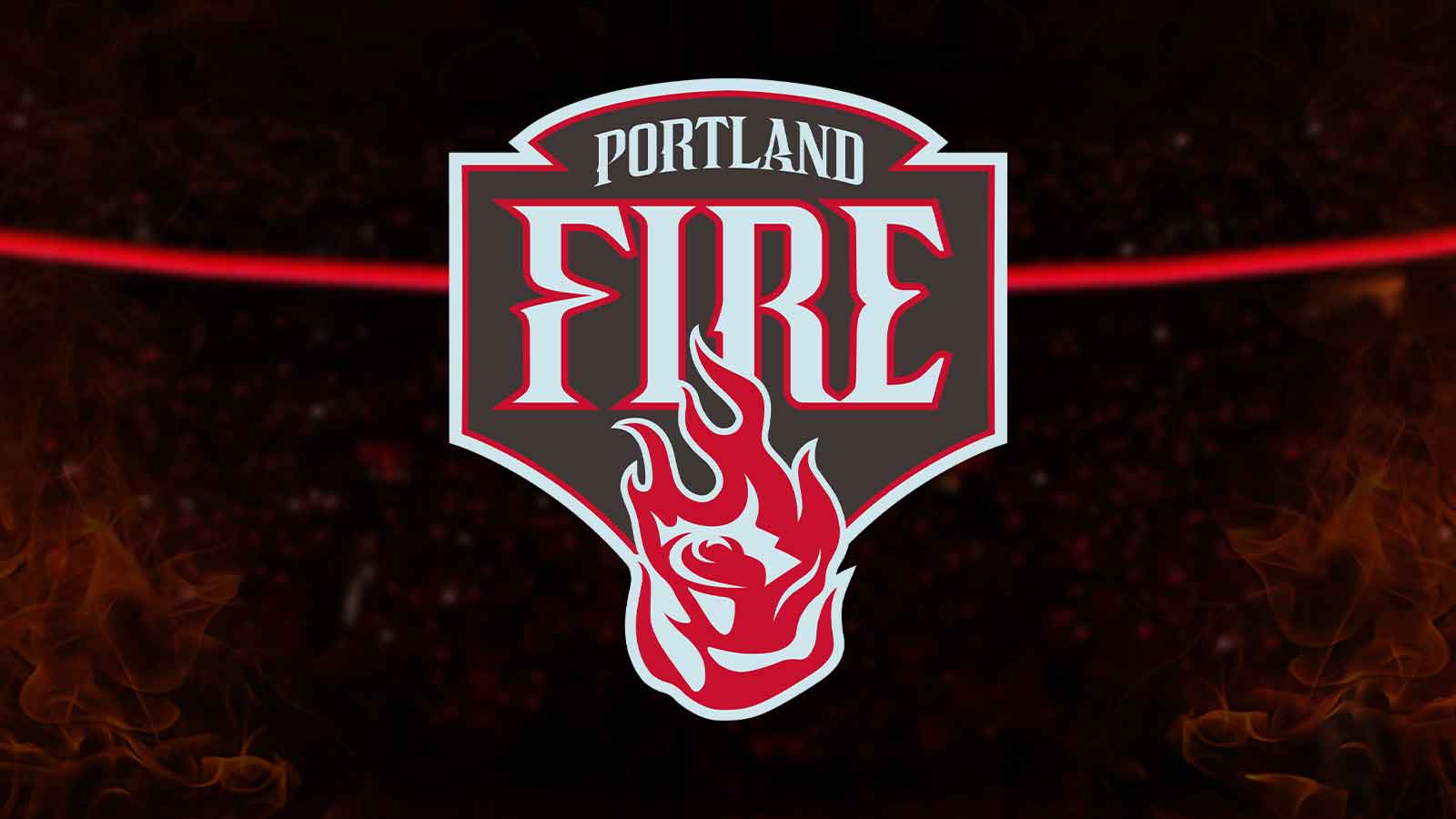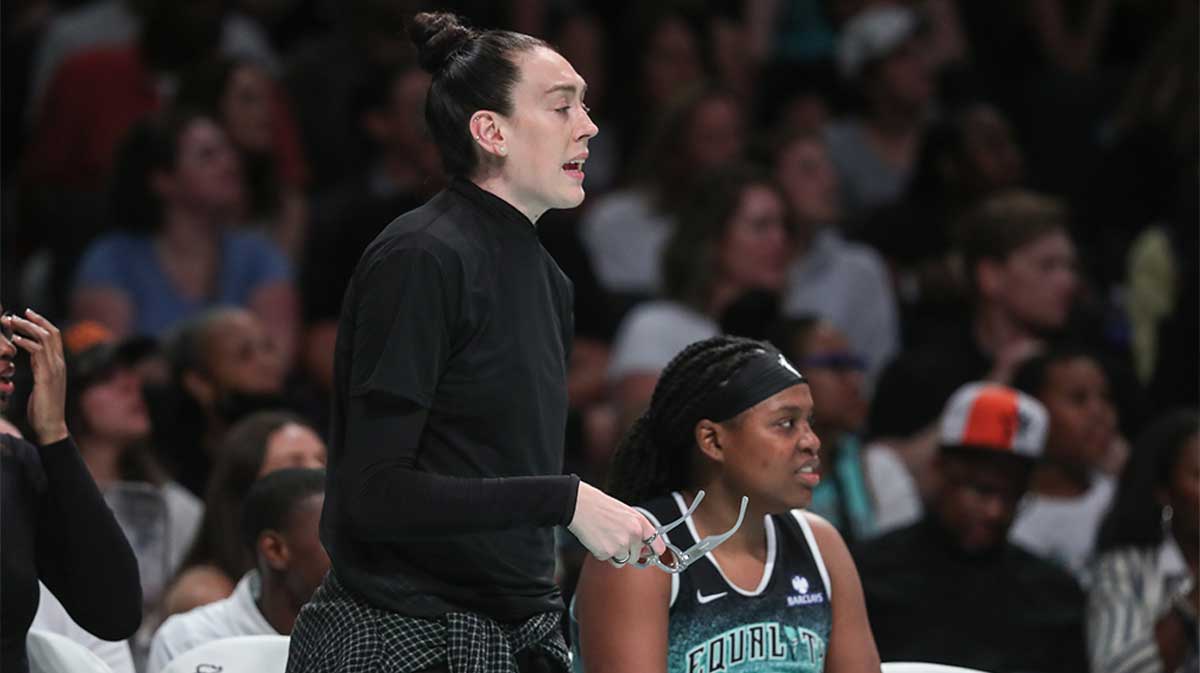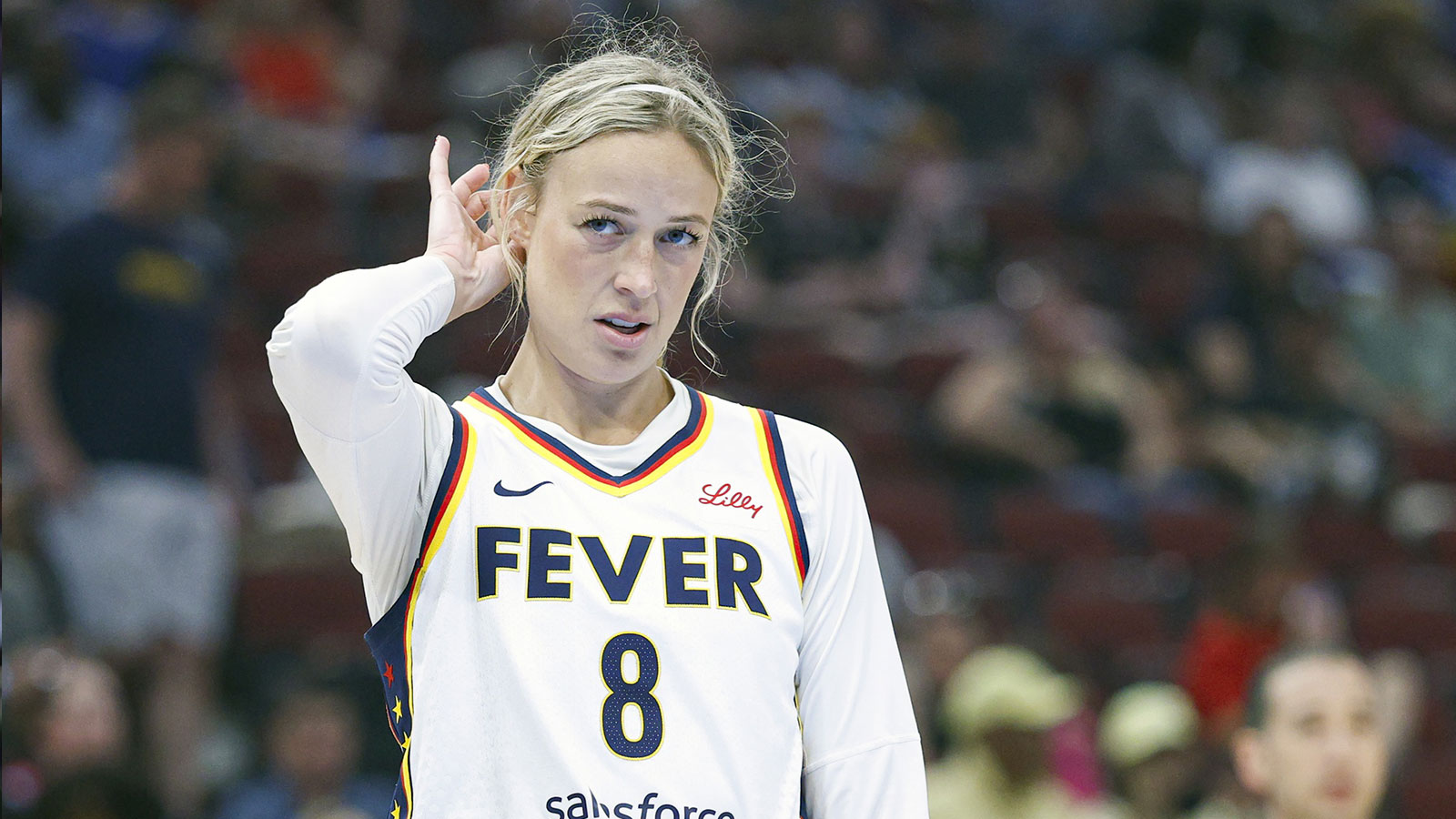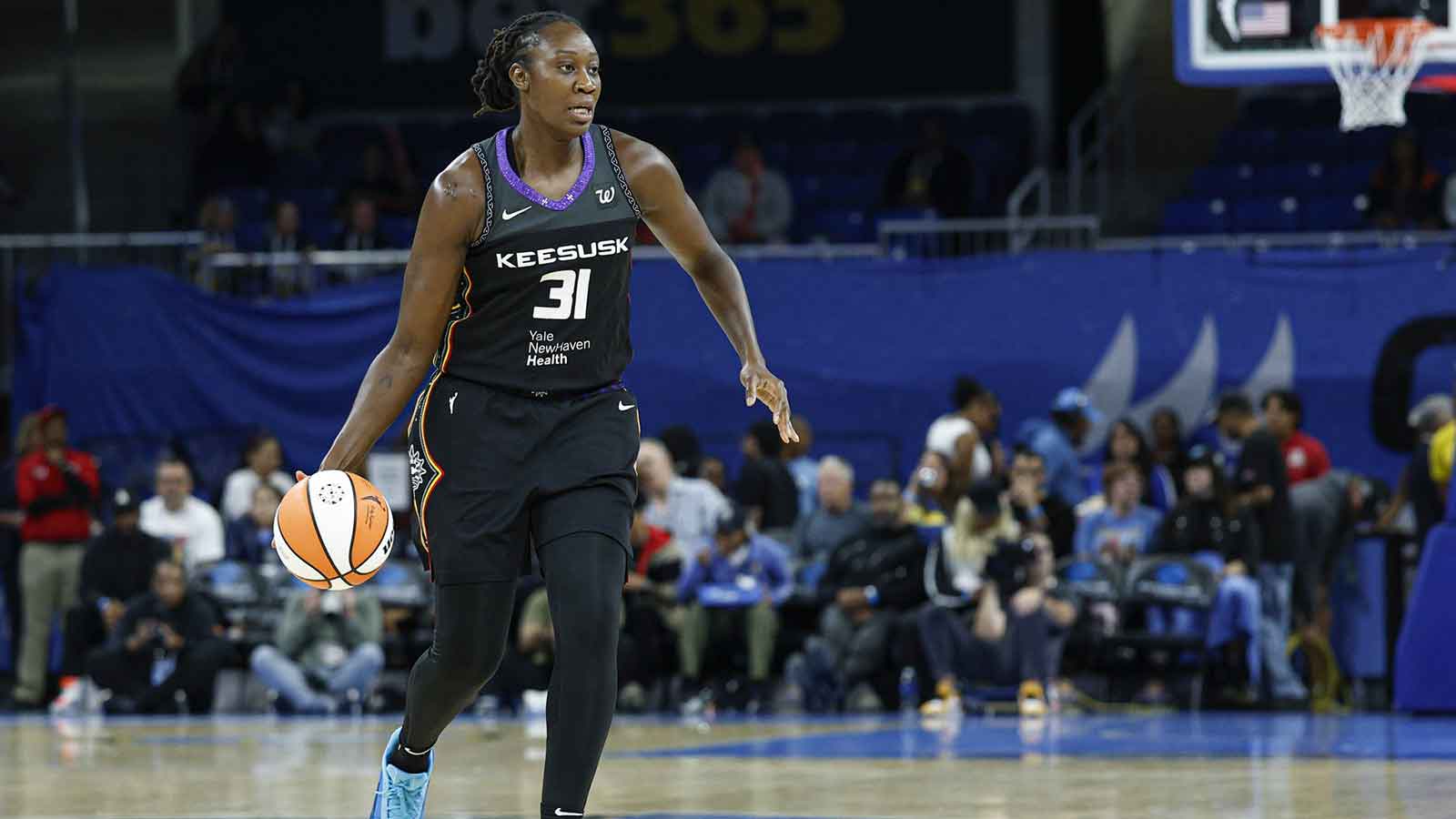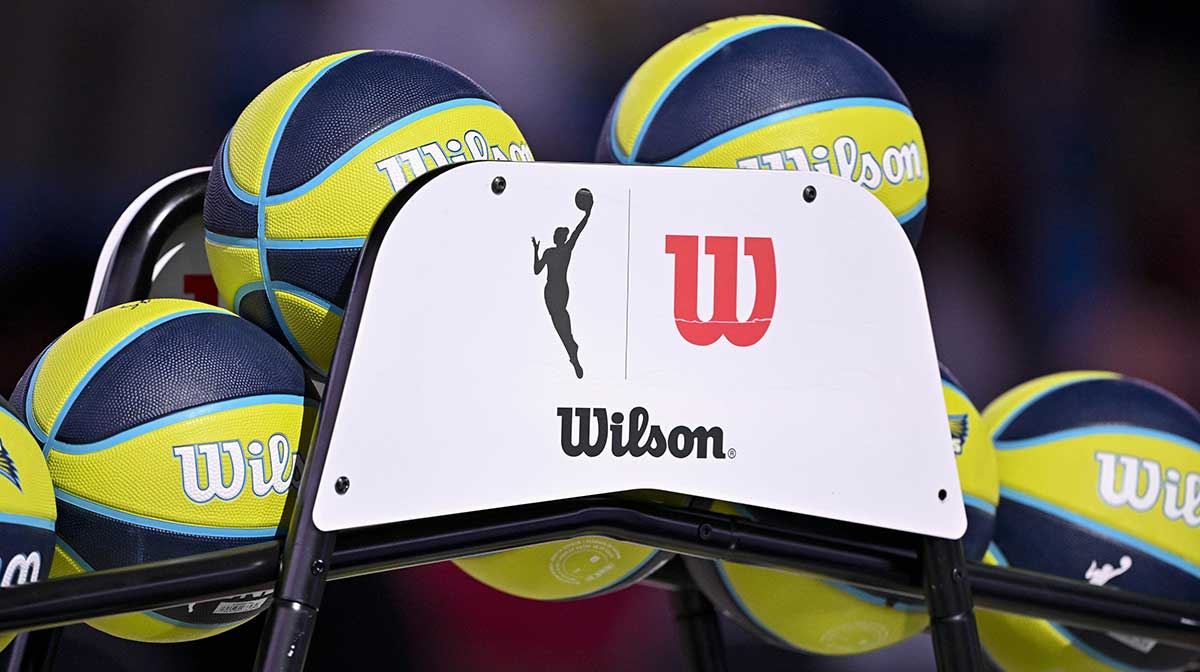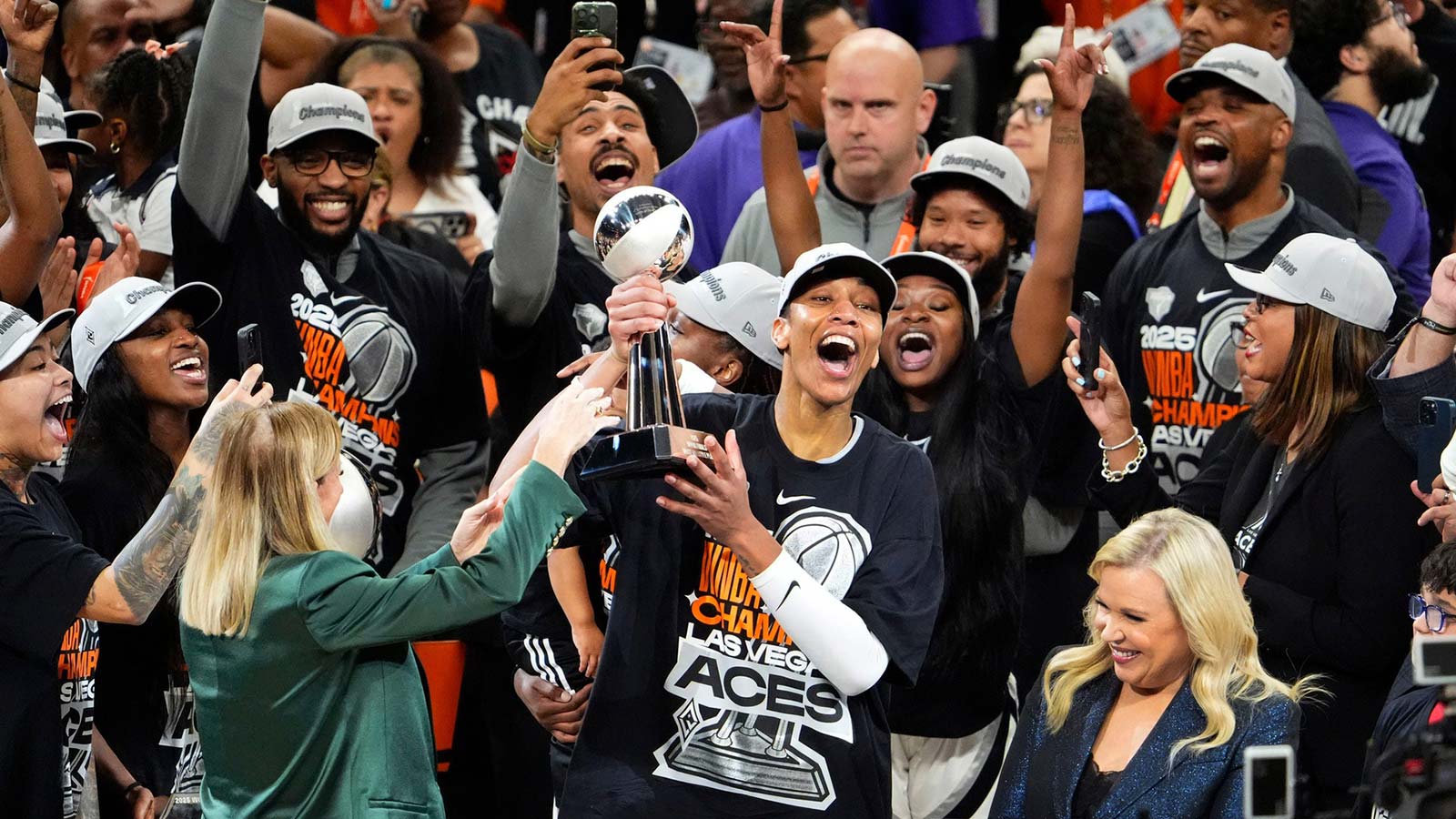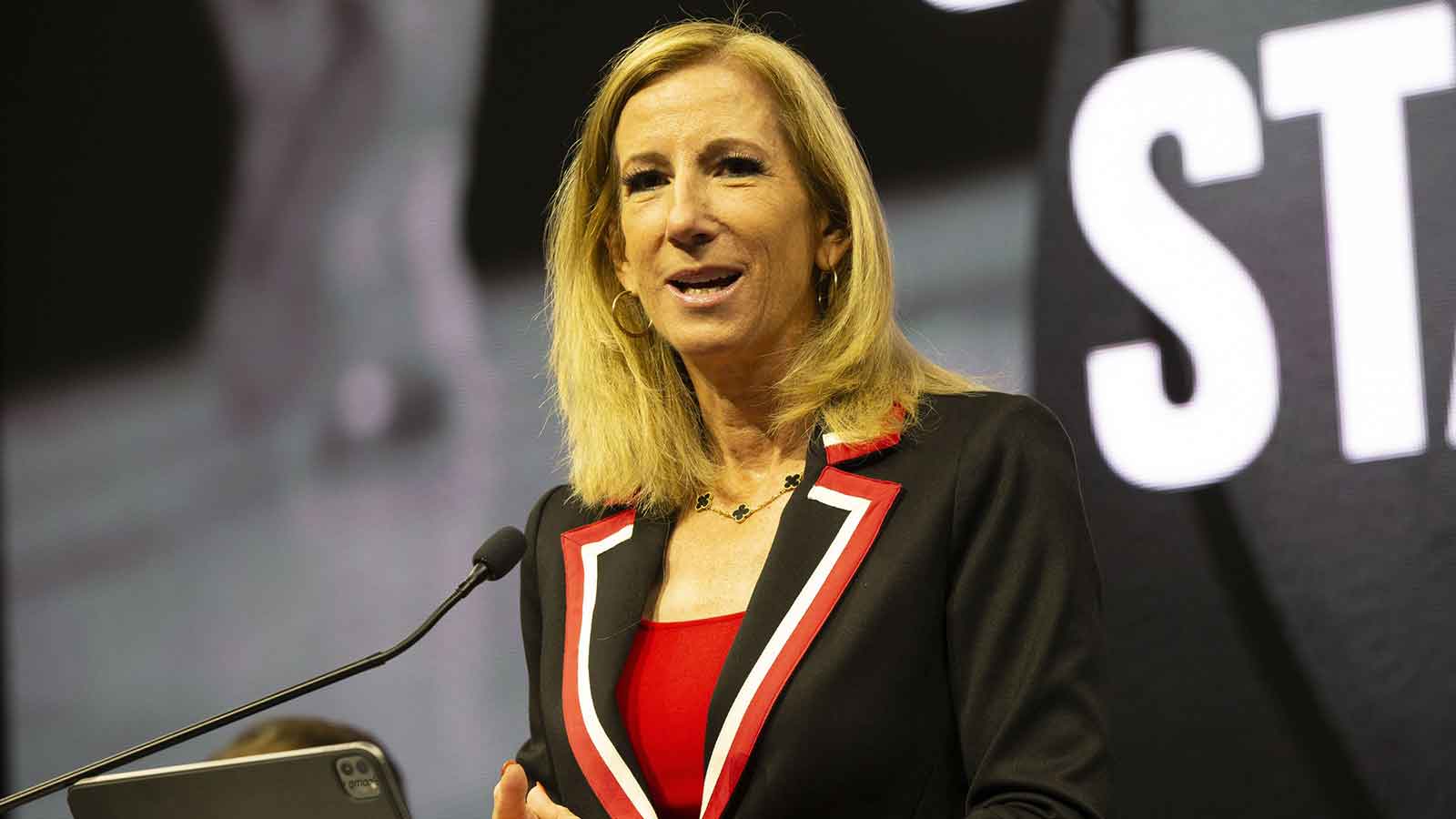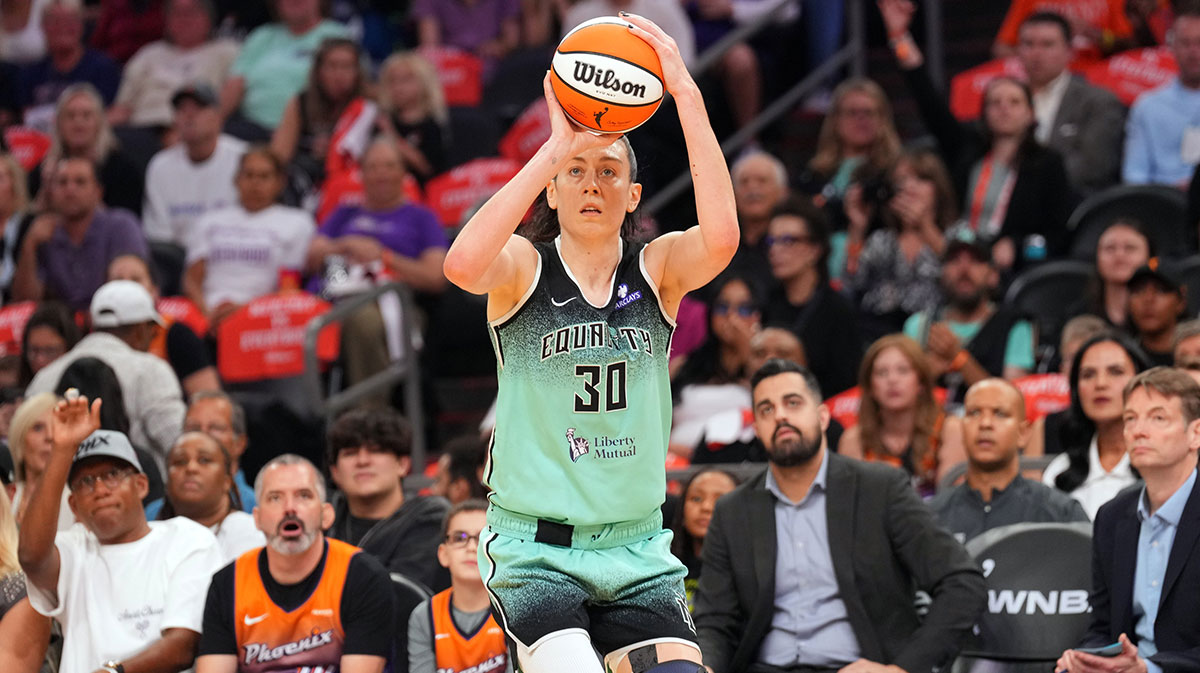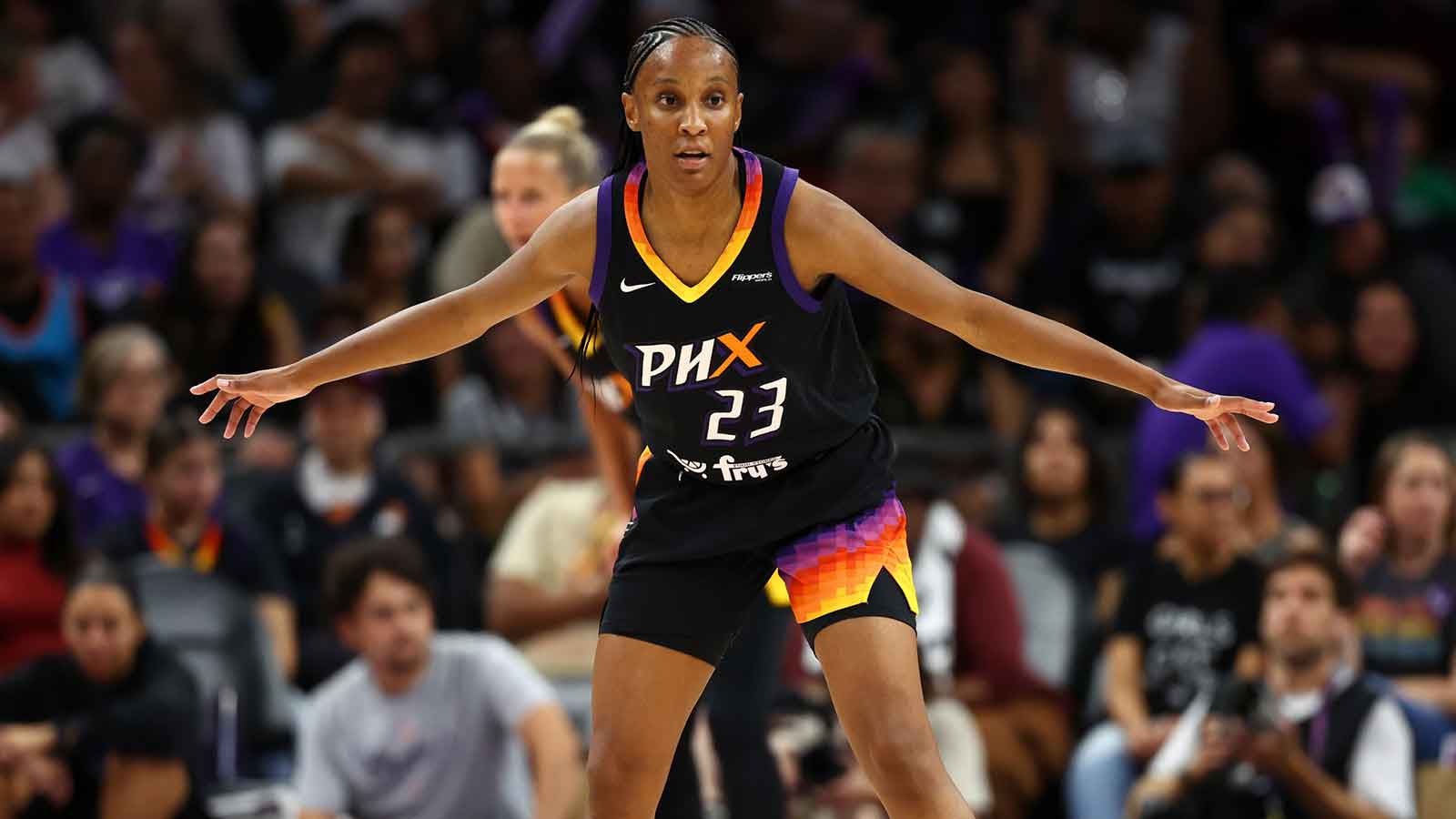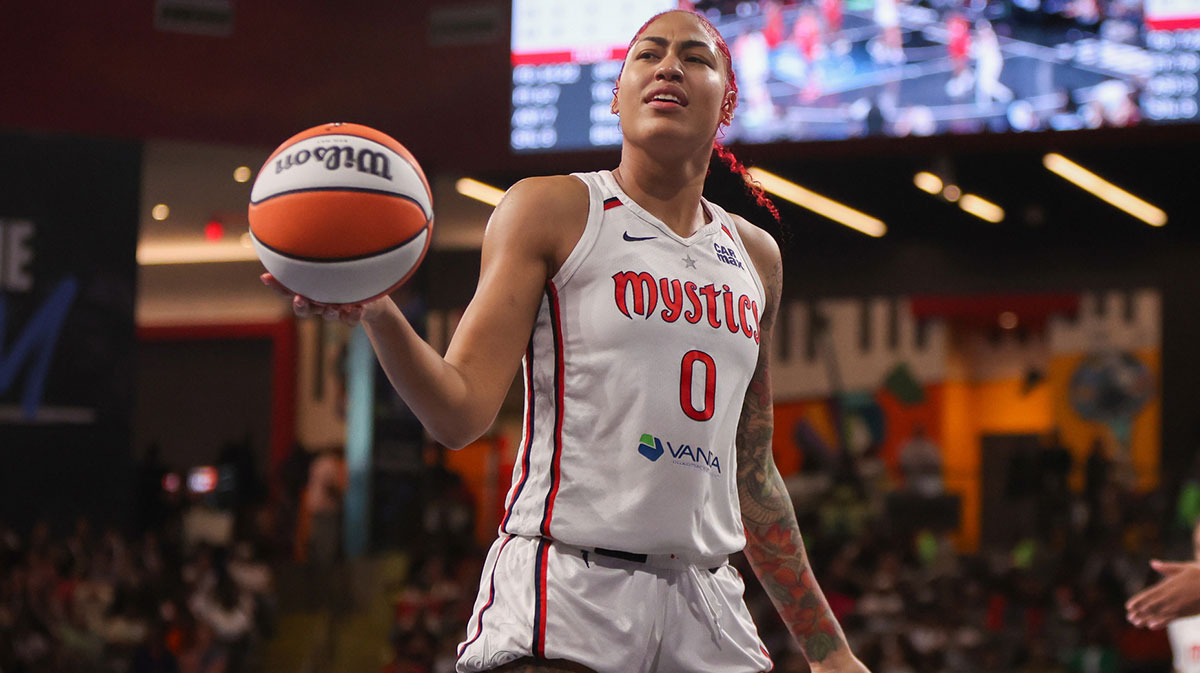Within the realm of the Caitlin Clark phenomenon, a troubling pattern of divisiveness emerges whenever discussions involve her. Clark is celebrated for her exceptional offensive skills and precision in three-point shooting. However, the rookie's entry into the WNBA has unfortunately paved the way for harassment, attacks, and misleading arguments.
These actions are cloaked under the guise of defending Clark against the league's perceived hostility. Many of the comments come from those who aren't familiar with the WNBA and don't have a true vested interest in the growth of the sport. Many individuals aim to win debates and garner approval through likes and reposts. They often monetize their shallow opinions on social media, television, and radio, inciting outrage to increase clicks, views, and listenership.
However, there exists a subgroup of Clark's “fans” who exude a sense of autonomy over fans, journalists, and media personalities who have contributed to the advancement of the W. These “fans” portray themselves as impartial experts solely dedicated to the league's development but dismiss the viewpoints of those who preceded them in the field. They trample over their thoughts and view everything said under the guise of “hate” and “gatekeeping”. Your opinion is dismissed simply because it does not align with theirs, regardless of your words or actions.
HBCU football enthusiasts and college football fans alike resonate with this experience as deeply as WNBA fans do. It truly unites us in a shared understanding. It's not an original thought for HBCU alumni especially to see parallels between the divisive conversations surrounding Caitlin Clark and Deion Sanders. What may initially seem like light-hearted banter or a respectful disagreement can unfortunately escalate into a toxic situation. Namecalling occurs, lies fester, and arguments grow more fierce. Every statement and action from these polarizing figures has the potential to spark the next trending topic of the day, igniting a cascade of verbal battles down your timeline.
From Sanders's arrival into the HBCU space, traditional HBCU fans were met with constant criticism and lecturing from new fans who couldn't name five HBCUs about what HBCU football needed to be better. There's nothing wrong with discussion about how a sport and institutions we care about can better improve. But, the talking points were ill-informed and spoken without forethought. The random musings became narratives that HBCU supporters then were tasked with having to combat consistently in the two-and-a-half seasons that Sanders was at Jackson State.
WNBA fans share the same experience with the arrival of new fans who have not been following the league for years. The WNBA has long been criticized and discredited by those who do not understand or appreciate women's basketball. But now, with more visibility and attention being given to the league, there are suddenly armchair experts appearing on traditional and social media platforms, spouting off opinions without any real knowledge or understanding of the league they're speaking about.
#IndianaFever’s Caitlin Clark on her name being weaponized in non-sports topics:
“It’s not something I can control. … And to be honest, I don’t see a lot of it.”
“People can talk about what they want to talk about. … I’m just here to play basketball.”
Qs by @JimTrotter_NFL pic.twitter.com/VhGC7cIgLf
— James Boyd (@RomeovilleKid) June 13, 2024
Take for example today's latest entry into the Caitlin Clark saga. Esteemed journalist and Howard University alum, Jim Trotter, posed several inquiries to Clark regarding the contentious discussions surrounding her WNBA debut and the inappropriate use of her name. Her responses in the early afternoon appeared dismissive.
“It's not something I can control, so, you know, I don't put too much thought and time into thinking about things like that,” Clark said in response Trotter. “And to be honest, I don't see a lot of it. Um, like I've said, like, basketball's my job. Like, everything on the outside, I can't control that, so I'm not gonna spend time thinking about that. You know, people can talk about what they want to talk about, um, create conversations about whatever it is. But I think for myself, like, you know, I'm just here to play basketball. I'm here to have fun. I'm trying to help our team win.”
Caitlin Clark on when people use her name for racism, misogyny, etc: “Yeah, I think it’s disappointing… people should not be using my name to push those agendas.”
Full clip: pic.twitter.com/VbWzN5CQT4
— Matthew Byrne (@MatthewByrne1) June 13, 2024
A post on X by Connecticut Sun star Dijonai Carrington perfectly encapsulated the frustration at Clark's response, seemingly aloof to the chatter occurring.
“Dawg. How one can not be bothered by their name being used to justify racism, bigotry, misogyny, xenophobia, homophobia & the intersectionalities of them all is nuts. We all see the sh*t. We all have a platform. We all have a voice & they all hold weight. Silence is a luxury.”
A course correction occurred in comments to media before the Indiana Fever's thrilling victory over the Atlanta Dream. Clark was more intentional in disavowing the toxic narratives that many have attempted to push onto the WNBA and her fellow peers.
“Yeah, I think it's disappointing,” Clark said. “I think, everybody in our world deserves them the same amount of respect. The women in our league deserve the same amount of respect. So, I think people should not be using my name to push those agendas.”
Clark's reassessment of the situation and her vocal stance against the divisive conversations circulating around her name were commendable. It was way more than HBCU football fans, specifically Jackson State supporters, were afforded in the final weeks of Sanders's time with the institution. Jackson State had to fight off unfounded claims that they didn't honor their full financial obligation to him. The baseless claims occurred after his appearance on the Earn Your Leasire podcast.
“How can we have 60,000 people in the stadium and you told me we sold out? I check the receipts and we only sold 28,000 tickets? Y’all better find out who’s stealing because that affects my pocket.”
Jackson State had to issue a statement to address the allegations.
“Jackson State University has honored all financial obligations of Coach Deion Sanders’ employment. The video in question was filmed on September 20 on our campus. Unfortunately, a seconds-long excerpt using a hypothetical example from an over 60-minute interview is being used out of context and circulated as fact.”
Nearly two years after Sanders departed Jackson State, the lie has continued to fester in bad faith. The fact has haunted HBCU alumni, who look to protect and preserve the image of all of the 100+ HBCUs around the nation. That same call to action is felt by WNBA fans, players, and supporters as they fight to protect the league from narratives that can serve to harm the W and hinder it's growth.
This encounter is not exclusive to Sanders and Clark; it exemplifies how divisive dialogues can spiral into toxic narratives and falsehoods that have the potential to inflict harm. Is there a solution for this? I honestly don't know. Clark expressed it most aptly: we cannot govern the thoughts and actions of others. However, we possess the ability to guide discussions in a positive direction and prevent harmful narratives and individuals detrimental to the advancement of the game.
The success seen at Jackson State and in HBCU football is a testament that the same strategy can be applied to elevate the WNBA.

